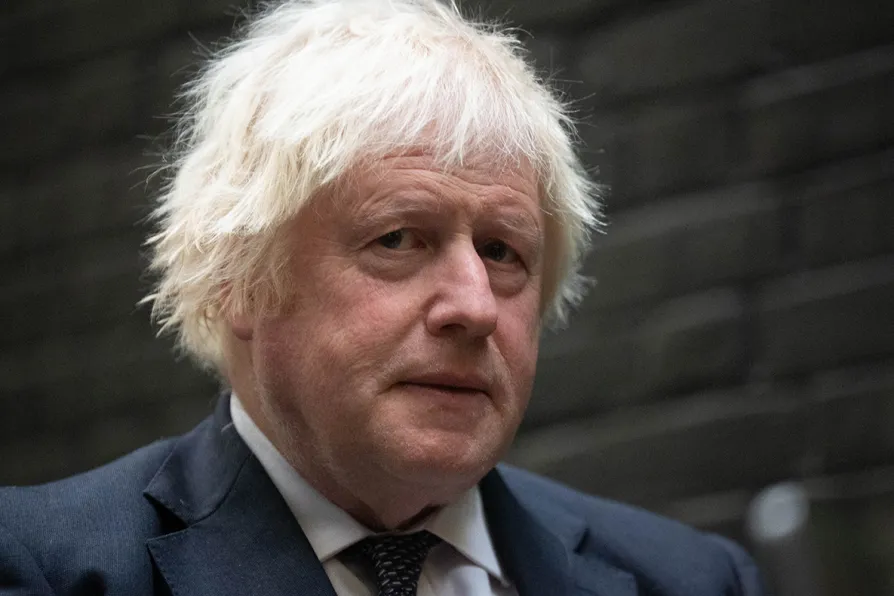
 Former prime minister Boris Johnson at the launch of the 'Indomitable Ukraine' exhibition at the Vinyl Factory in London, September 23, 2025
Former prime minister Boris Johnson at the launch of the 'Indomitable Ukraine' exhibition at the Vinyl Factory in London, September 23, 2025
FORMER prime minister Boris Johnson admitted today that the “full horror” of coronavirus was “slow to dawn on government,” during his evidence to the Covid-19 inquiry.
He said it was “obvious” there would need to be “consideration of closing schools” and that it appeared the Department for Education (DfE) had been preparing for that.
Last week, former education secretary Sir Gavin Williamson told the inquiry he had not asked DfE officials to assess the impact of school closures early in 2020, as “the advice at the time was not recommending closures.”
Mr Johnson said he was “surprised” that the DfE permanent secretary had not prepared contingency plans, adding: “It was obvious there had to be consideration of closing schools.
“I was very much hoping that we wouldn’t have to — I thought it was a nightmare idea.”
He denied there had been a “dereliction of duty” in failing to plan for school closures, saying officials had been “overwhelmed by the speed of events,” though former DfE director-general Sir Jon Coles previously described the lack of planning as “extraordinary dereliction.”
Mr Johnson later told the inquiry that school closures should be “a measure of last resort” in any future crisis, adding: “We probably did go too far … maybe we could have found a way of exempting children.”
Protesters from Long Covid Kids gathered outside Dorland House where the hearings are being held, and shouted “shame on you” as Mr Johnson left the building.
Save the Children UK’s Dan Paskins said the actions of those in power during the pandemic “damaged a generation of children,” adding: “Their health, wellbeing, and future prospects all suffered.
“The poorest and most vulnerable were frequently ignored and no amount of regret will undo the harm that has been done.”
Mr Paskins said that the inquiry has “clearly shown that consideration of children’s rights was absent from decision-making,” adding: “There was no clear mechanism to protect their interests, and no voice for them in the room.
“Decisions were rushed, impact assessments neglected, and their needs assumed to mirror adults’. This must never be allowed to happen again.”
He called for the creation of a comprehensive national children’s emergency plan to “prevent a repeat of the last five years.”
“We must ensure that in any future crisis, children are not invisible or sidelined, as they were before,” he said.
The inquiry continues.










